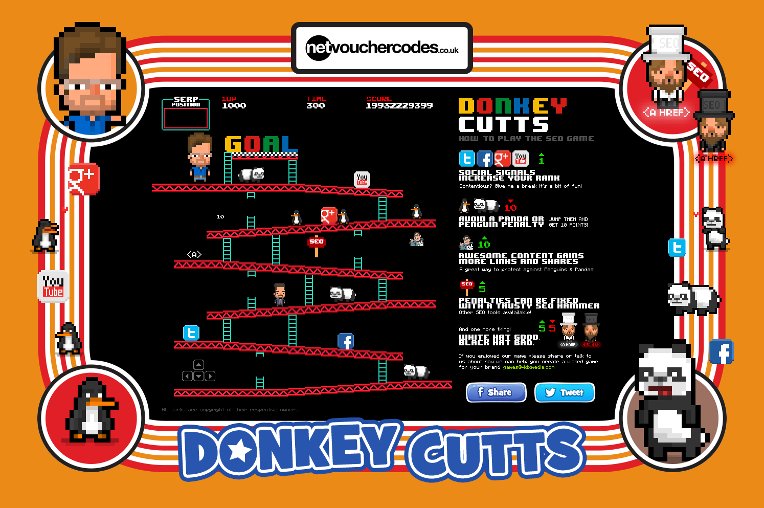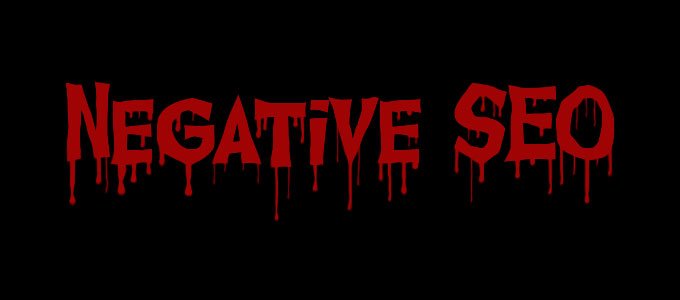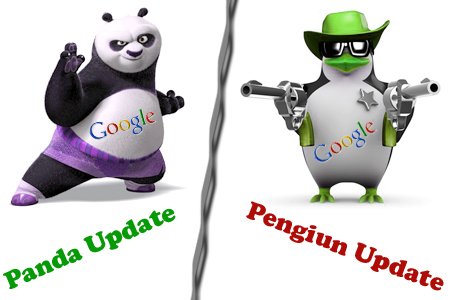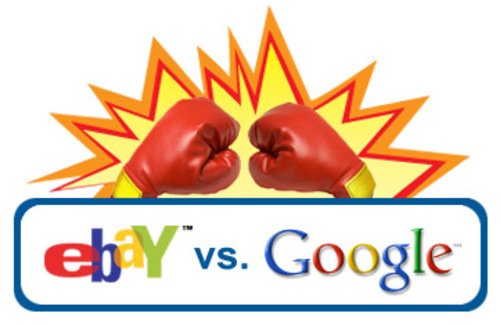Different people deal with problems in different ways, and the guys at NetVoucherCodes found a rather creative way of expressing their feelings towards the world of SEO after their website was the target of a negative SEO campaign. Instead of sitting and whining around, they created a replica of the famous Donkey Kong game, and switched the characters of the game with elements from the SEO world. The game instantly became viral, especially among the community of web developers and SEO specialists; however, besides bringing a lot of smiles, it also raised some important concerns regarding the universe of SEO, how hard it is to stay in the loop, and just how easy it can all go down.

How It All Started
NetVoucherCodes is a site that works with various retailers and outlets to offer discount vouchers and codes to bargain hunters. Everything went normal until one day they started seeing a drop in their rankings. Search engine visibility went down, and then pretty much everything pertaining to their online presence took a plunge, to the point where their offices burst up in flames and the whole building exploded. Ok, maybe it wasn’t really that dramatic, and we may have exaggerated a bit about the part with the fire and exploding buildings, but the main point of the story remains true – the whole hard-earned online presence of the business was about to go down the drain, with no visible cause.

Upon a brief research through the analytics, the staff at NetVoucherCodes discovered that they were the target of a negative SEO campaign, with thousands of links from dodgy sites coming their way, affecting their rankings. Whether it was an angry customer with a lot of free time and a huge amount of resources (which is highly unlikely) or a competitor that was sitting in the shadows and coordinating the attack doesn’t really matter; what matters is the fact that this situations reveals a very big flaw in the whole SEO process: the ease with which a hardly-earned reputation can be reduced to crumbles in a blink of an eye.
Meet Donkey Cutts
The company initially tried to fight the attack with the classical means of identifying the problems and working on getting it fixed, but removing an external link that points to your website is not as easy as you might think. It involves doing part of the work yourself, and using a tool provided by Google to handle the rest. That wasn’t even the main problem they faced; their main problem was that their reputation was at risk, and once a site loses its reputation in the eyes of Google, getting it back is anything but easy.
Tired of fighting against the windmills, the team at NetVoucherCodes decided to tackle the problem creatively by making a game that illustrates just how vague the rules of SEO are, and how vulnerable everyone is to both ill-intended attacks, as well as to Google updates. This is how Donkey Cutts took birth.

Donkey Cutts was modelled after the famous Donkey Kong game, but features Matt Cutts – Google’s head of the Webspam team and SEO expert as the main character. The goal of the game is to navigate Matt from the bottom level all the way up to the top level; you’ll have to do all that while collecting social shares and awesome content, and avoiding penguins and pandas (references to two of the most aggressive Google updates). Making the game even funnier is the fact that you can actually hear Matt shout things like “Nofollow any paid links!” or “Make your links from blog comments genuine!”.
Is the Truth Behind the Game Really a negative SEO campaign?
Donkey Cutts was created with the intention of raising awareness to the vague rules of SEO, and how getting the proper SEO is something like chaotically navigating though the level of the game, trying to avoid getting penalized by Google or falling to the dark side of black hat SEO.
According to the game, there are two main things that can hurt your site:

- Black Hat SEO;
- Google Updates
In reality, though, things are a bit different. The fact that there are no actual written-in-stone rules for SEO is indeed true, but there is a perfectly viable explanation for that. While most of these rules are pretty ambiguous, being delivered like that deliberately by the Google experts, that happens for a reason: Google is oriented towards users, whereas a lot of SEO experts are just oriented towards results. In this context, having a rule that clearly states that having a certain number of links and a certain number of keywords would just have those so-called SEO experts racing to meet the exact requirements, without taking user-experience into consideration, thus degrading the quality of the overall search results.
As for Black Hat SEO, there actually are clear rules of things to avoid. The whole ambiguity thing only applies to the rules of positive SEO – Google has always been very clear about the negative side, and the repercussions it will have if used, which leads to the other aspect: Google Updates.

Google updates its algorithms fairly often in an effort to constantly improve the quality of its search results, and these changes don’t usually affect the websites that are on the white side of the fence. However, since most of Google’s mechanisms are automated, they can sometimes mistake a good site with a bad one. A good example in his manner is the case of eBay, which, after the Google Panda 4.0 update that rolled out on May 19th 2014, saw a tremendous drop in rankings, losing a lot of its top 10 spots for certain keywords, and a great share of search engine visibility. The reason this happened is simple: eBay uses a spammy-like strategy to keep its keywords secured, creating a whole lot of pages for each and every keyword. However, unlike a spam website that just has junk pages there to keep the keywords secured, eBay’s pages were actually on topic and had the keywords integrated in a natural way that made sense. Even so, the automated update sensed the anomaly, and took action.
Through some efforts from both parts, eBay’s rankings are mostly back as they were, but the lesson was very important: it can happen to everyone.
Be that as it may, Google’s algorithm updates are getting smarter by the day, so in the vast majority of cases, if a site is caught red-handed, chances are that website really is troublesome.
The Hazards of Social Media

Social media plays an important role in SEO nowadays, and just in the case of Black Hat SEO versus White Hat SEO, social media can be used in a good way or in a bad way. But what about Grey Hat SEO?
Social media impact is not only measured in quantity, but also in quality. Anyone can buy a set of 10.000 Facebook likes for a handful of dollars, but is it really worth having 10.000 Facebook fans and 0 engagement? A lot of companies started understanding this, and focused more on real followers, which genuinely like their products, and are interested in hitting the “Like” button or posting a comment out of pure will. Such pages usually obtain better ranking in search engines than the ones that just have a lot of followers and no activity.
Be that as it may, even social media can be turned against someone fairly easy by simply buying a pack of likes someone’s page, and watch Google penalize them for the practice.
The Case of NetVoucherCodes
 Let’s take the case of NetVoucherCodes and see how someone with bad intentions can actually harm a website’s stats. Even though most of the damage done is reversible, it does imply the allocation of time, effort and sometimes money, to get everything back on track.
Let’s take the case of NetVoucherCodes and see how someone with bad intentions can actually harm a website’s stats. Even though most of the damage done is reversible, it does imply the allocation of time, effort and sometimes money, to get everything back on track.
NetVoucherCodes faced an attack based on a lot of spammy links pointing at their site. When indexing a site, among other elements, Google takes inbound links into consideration as well, looking at their number, source and various other metrics. As you can easily guess, a ton of inbound links to a page means that the page is either very popular and has the most amazing content there is, or that it’s all some sort of black hat SEO scheme. The second scenario applies to NetVoucherCodes, and the action to take in this situation is to contact the authors of the backlinks and request their removal, then use Google’s Disavow links tool to remove the actual links from its indexes.
In such cases, Google will reverse the penalties, but it will continue to keep an eye on the website in question, as they tend to believe that, in general, this type of things usually happens to websites that have or had something to do with dodgy websites at some point.
So, even if you get unfairly penalized, and eventually get to undo the damage, it’ll be quite hard to get back a clean slate reputation, and that’s a harsh truth about SEO that you’ll just have to live with.